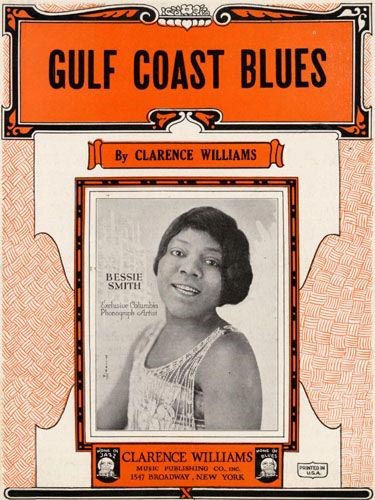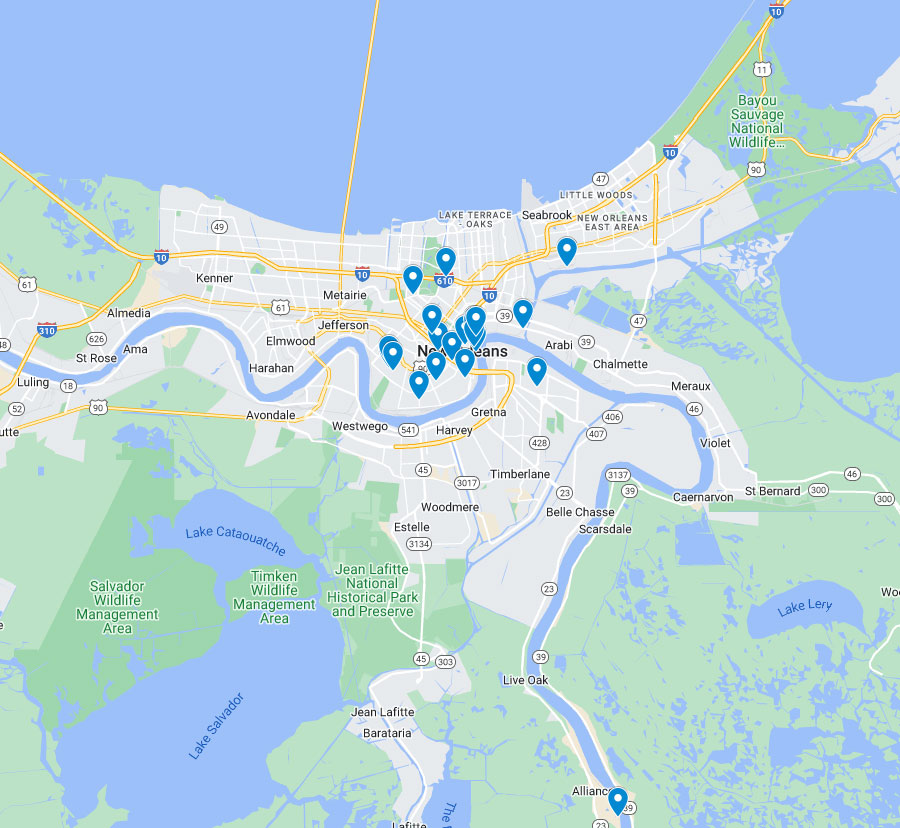
Biography
Dr. Scott Trafton, Ph.D., is Associate Professor of English and African American Studies at the University of South Carolina, and specializes in nineteenth-century African American literature and culture, Black popular culture, and Black cultural studies. He holds a doctorate from Duke University, has held fellowships at the National Museum of American History and the Smithsonian American Art Museum, and has received individual and program grants from the NEH, the South Carolina Humanities Council, and the Virginia Foundation for the Humanities. He is the author of Egypt Land: Race and Nineteenth-Century American Egyptomania (Durham: Duke UP, 2004).
Research
Gulf Coast Blues: Race, Space, and the Afrocreole Coast explores the lives and cultural expressions of creolized Afrodiasporic communities on the American Gulf Coast from the eighteenth century onward, and centers what I call heterogeny as critical praxis. Using a wide range of expressive traditions, this project highlights assemblage aesthetics: it analyzes conjure bags, mojo bags, bottle trees, and yard shows of the Gulf south, as well as traditions of visual art like quilting, photocollage, and Mardi Gras Indian suits, literary art like slave narratives and antebellum novels, dance forms like the ring shout and kids’ games, and hetrophonic and polyphonic performance practices in Black music from early jazz to zydeco to surge singing to Young Thug. Creolization was a widespread cultural strategy that prioritized mixing, accreting, assemblage as a way of navigating the complexities of life and identity in the wake of the Middle Passage, and I develop these traditions of assemblage aesthetics into frameworks for understanding a wide range of cultural practices engaged in both covert and outright forms of social and political resistance. Combinatory practice and assemblage aesthetics are forms of radical intervention into the very systems of racialization that underwrote the slave trade, as well as expressive meditations on the history and nature of the African diaspora itself, and centering creole heterogeny produces a counternarrative to a wide range of overly reductionist logics that rely on simple oppositions – between Black and White, resistant and racist, African and American.



